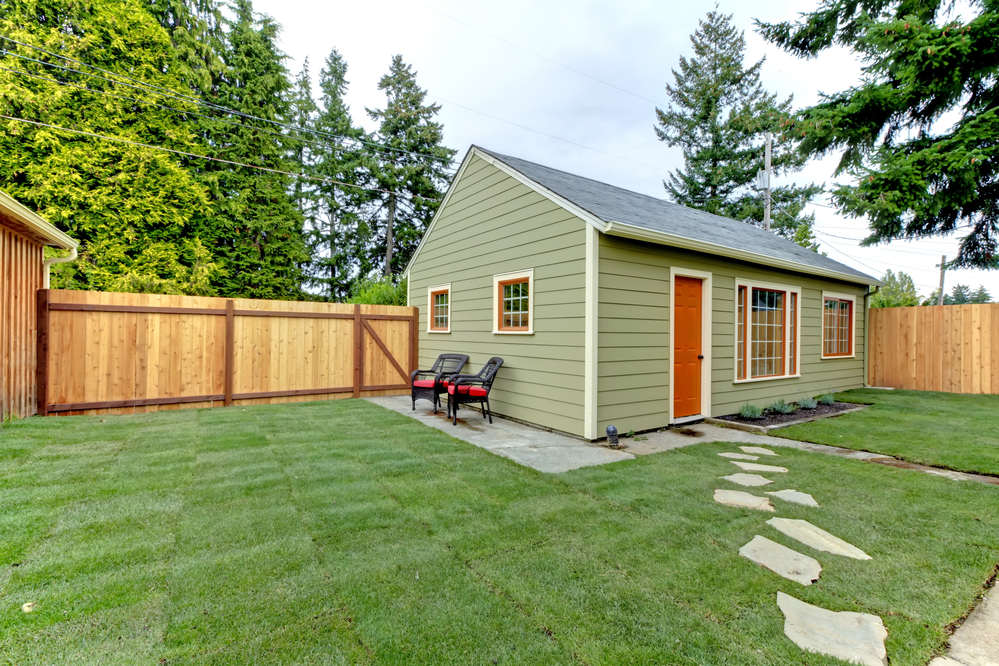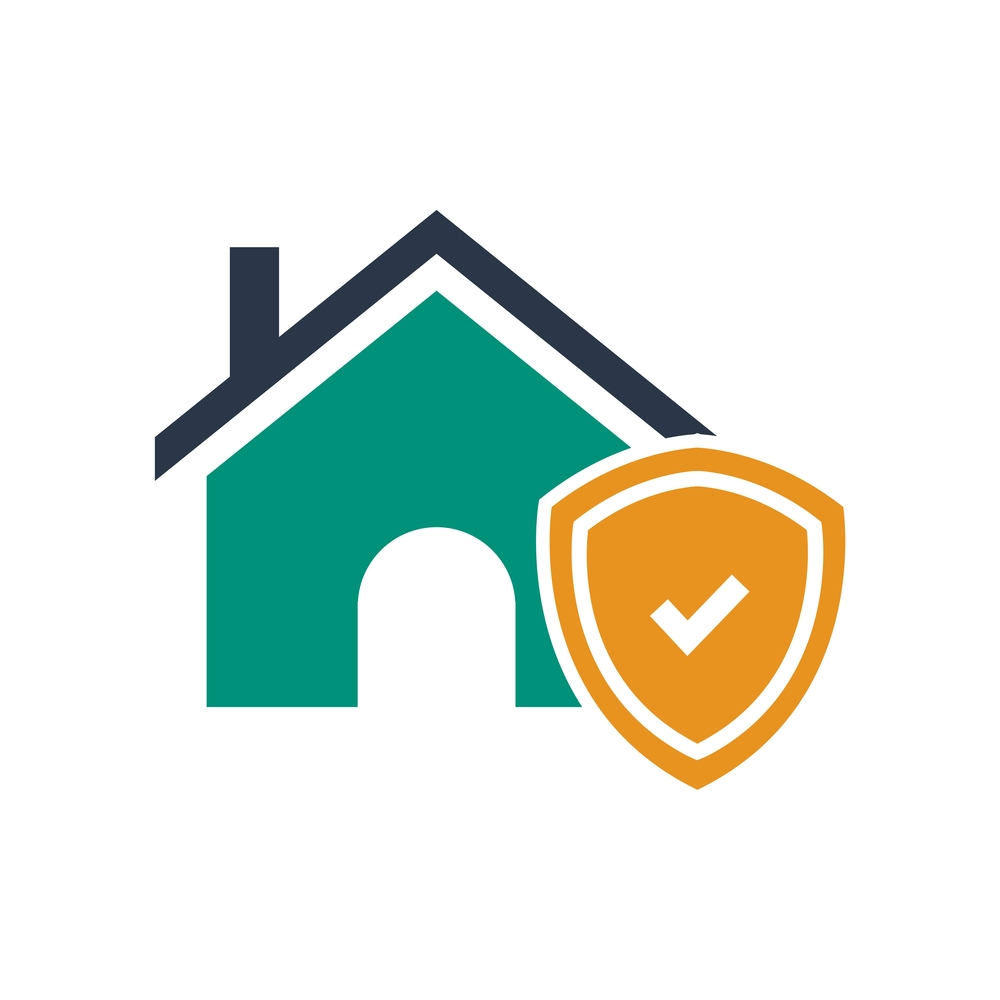11 Things to Avoid When You Buy Homeowner Insurance
If you’ve never purchased homeowner’s insurance before, the process can get somewhat complicated. There are so many options that you might get confused about policies, deductibles, riders, and more. You will probably get plenty of advice on what to look for when purchasing a policy so that you get the coverage you need, but here are 11 things to avoid when you buy homeowner insurance to help you stay away from common mistakes new homeowners often make.
11 Things to Avoid When You Buy Homeowner Insurance
Choosing a Fly-By-Night Company
You obviously want to pay as little as possible for as much homeowner insurance on your house as you can, but there is always such a thing as a policy that sounds too good to be true. Often, extremely cheap policies are offered by startup insurance companies that don’t have a track record of paying claims. While some of these companies are legitimate, you want to pay attention to any red flags that pop up as you’re researching them.
For example, you are looking for a stable insurance company so you know that they will be around if you need to file a claim. Investigate how long the company has been in business, their claims payment history, and their customer service record. If you can’t get your insurance agent to call you back while you’re considering a policy, that is a warning sign that the company doesn’t value your business and may not be available when you really need it.
Purchasing Too Little Insurance
No one wants to pay for insurance, but it’s something we have to do as responsible adults. However, it is human nature to want low monthly premiums. This philosophy, though, can come back to haunt you if the reason you’re paying so little is that you don’t have enough insurance to cover your house if it is completely destroyed. Small premiums look attractive, but you must make sure what you’re paying will make you whole if there’s a disaster.
Reducing the amount of homeowner’s coverage will lower your premiums, but keep in mind that if you need to make a claim down the road, you will probably end up paying more out of pocket than you would if you paid higher premiums. A better option is to choose a high deductible policy that doesn’t reduce your coverage but caps your out-of-pocket amount per claim to a set dollar amount that you know exactly what is ahead of time.
Purchasing Too Much Insurance
Just as there is such a thing as being under-insured, you can also be over-insured. Having too much insurance can unnecessarily raise your premiums and may result in not getting as much compensation for damage to your house as you expect. For example, if you make the mistake of insuring your house for what it would cost you to re-buy your house, you are going to be over-insured.
This is because the resale value of your home also takes into account the land it’s on, but insurance only covers the structure of your house (and your belongings, if you’ve also covered them). You will have essentially wasted your higher premiums when you can’t recover the resale amount. As such, you want to purchase a policy that covers the cost of rebuilding your house instead so you are paying the right premium for the right payout.
Not Purchasing Appropriate Riders
Riders are additional policy benefits that typically require extra premiums and are optional. They allow homeowners to customize their insurance policies to meet their specific needs. For instance, if you live in Florida, you know that the weather can present some challenges, including flooding. For this reason, you will want to purchase a flood insurance rider because general homeowner insurance policies do not cover flooding.
Additionally, there are riders for personal property such as jewelry, furs, artwork, and antiques. While these are covered under a standard policy, payouts will be capped at a specific amount. Riders allow you to increase your coverage limits for your valuables. Other types of homeowner riders include water backup coverage, building code coverage, and identity theft recovery, among others. The riders available to you will depend on the insurance company as well, since not every company offers every known rider.
Not Asking Questions
With the advent of the internet, it can be easy to find a relatively inexpensive homeowner’s insurance policy online and buy it without ever talking to an agent or to the insurance company. While it can be refreshing to not have an agent pressuring you to purchase a specific policy, if you don’t talk to an agent and ask some important questions, you may not be getting the policy you need. Asking questions helps you weed out the bad policies.
Don’t be shy about asking any questions you may have. Some questions you should ask your agent or company include the following.
- How do you handle claims if one needs to be filed?
- What coverage exclusions are there on this policy?
- Does the policy cover flooding (or earthquakes, or sewer backups, etc.)?
- Are there any discounts I may qualify for (good credit, bundling, association, age, etc.)?
- Are there other deductibles available that might lower the premium?
- What are the various payout limits for common claims?
Choosing Actual Cash Value Over Replacement Cost
There are several types of homeowner’s insurance policies for your belongings available, but the two most common are actual cash value and replacement cost. If you choose actual cash value, this means the insurance company will reimburse you for an item based on its current value. For example, if you have a television that you purchased for $1,000 five years ago, it may only be worth $400 now and the insurance company is only going to pay that $400.
On the other hand, if you choose replacement cost, since you paid $1,000 for that television, it will cost you $1,000 to replace it with a similar item. The insurance company will pay you the $1,000 to make you whole. Replacement cost insurance is a bit pricier than actual cash value, but if you end up needing to replace items in your home due to damage or theft, you will be glad you paid more for a replacement cost policy.
Setting Your Deductible Too High
One of the ways to lower your monthly premiums for homeowner insurance is to increase your policy’s deductible. The deductible is the amount you will have to pay out of pocket before the insurance company begins paying on a claim. The average deductible on homeowner’s policies is $1,000, but other common amounts are $250, $500, and $2,000. The lower your deductible, the higher your premium, so people looking to save money, often increase their deductible.
This isn’t a bad tactic, but it can backfire on you if you set your deductible too high and you are unable to pay that amount if you experience a loss. For instance, you can find policies with a $5,000 deductible, which will save you about 37% in premiums over a policy with a $250 deductible. However, if $5,000 causes financial hardship in the event of a claim, the money you saved monthly may not have been worth it.
Not Adding Additional Liability Coverage
Standard homeowner’s insurance policies do come with liability coverage, but only at a minimal level. Liability coverage is necessary to protect you if someone is injured while on your property. The payout amounts are usually capped at $100,000, which may seem like a lot, but these days, medical bills are climbing increasingly higher and that may not be enough to pay an entire liability claim, leaving you vulnerable to a lawsuit to recover the balance.
Homeowner’s insurance experts are now recommending that homeowners bump their liability coverage up to at least $300,000 to ensure they are adequately protected if someone suffers an injury on their property. This will also cover you if a visitor is injured by a member of your family or a pet as well. With the litigious nature of today’s society, the extra premium required to increase your liability coverage is well worth the peace of mind you gain.
Adding Risks to the Property
Sometimes, things you add to your property can increase your premiums without you realizing it. For instance, swimming pools and trampolines are things that insurance companies fear and will want you to pay more for to mitigate the risk. A swimming pool carries an increased liability risk if people other than your family are using it. Unfortunately, insurance companies won’t take your word for it that no one but the family is using it.
Likewise, insurance companies consider trampolines dangerous and an added liability for visitors to your property. Since there is the possibility of someone using the trampoline even without your permission and injuring themselves, you will pay higher premiums for having such an apparatus on your property. A net around your trampoline and a locking gate around your pool may help lower the premiums somewhat, but will not entirely eliminate the increases because the risk of injury is still present.
Not Notifying Insurance Companies of Life Changes
Life gets busy and it can be difficult to remember to contact your agent when a change occurs that could affect your homeowner’s insurance policy. For example, if you adopt a dog, this could increase your premiums, especially if the dog is a breed that insurance companies consider dangerous. Even if your dog is not on the list of dangerous breeds, you still may want to alert your agent about the new addition to the family just to be safe.
Other changes you will want to make sure your agent knows about include any home remodels that can increase the value of your house, any additions that could present a new risk (such as a pool or trampoline), or you’ve purchased any valuables that may need a rider (jewelry, artwork, etc.). Remember that if you do not contact your agent about these changes, and something happens in the meantime, the insurance company will likely deny payment.
Not Taking Advantage of Available Discounts
Almost all insurance companies offer discounts on homeowner insurance premiums for a variety of reasons. You can lower your premiums by lowering the insurance company’s risk, so if you have an alarm system installed, let your insurance company know that. The same goes for smoke detectors, carbon monoxide detectors, and fire extinguishers. Insurance companies will typically reward homeowners with lower premiums for proactive protection measures such as these.
Other types of discounts that may be available include bundling (having more than one insurance policy with the same company), professional association, age, non-smoking, loyalty, sprinkler system, advance purchase, and paid in full. Remember that one of the questions you should always ask your agent before buying a policy is what discounts you qualify for so that you can take advantage of them to lower your premiums, even if only by 5% or 10%. Every little bit helps!
Look Into a Better Policy
No one really enjoys shopping for homeowner insurance, but it’s something we have to do if we want to protect ourselves from natural disasters, vandalism, personal injury lawsuits, and more. Unfortunately, there is a lot of misinformation out there about what kinds of homeowner’s policies are best and what types of coverage you can skip if you want to pay less in monthly premiums.
At times like this, you may need to contact a trusted professional to help you navigate the process and ensure you end up with exactly the coverage you need at an appropriate premium. Call AbsoluteChoice Insurance today to speak with one of our homeowner’s insurance experts who will listen carefully to your needs, answer all your questions, and provide you with customized insurance options that match your individual situation.



